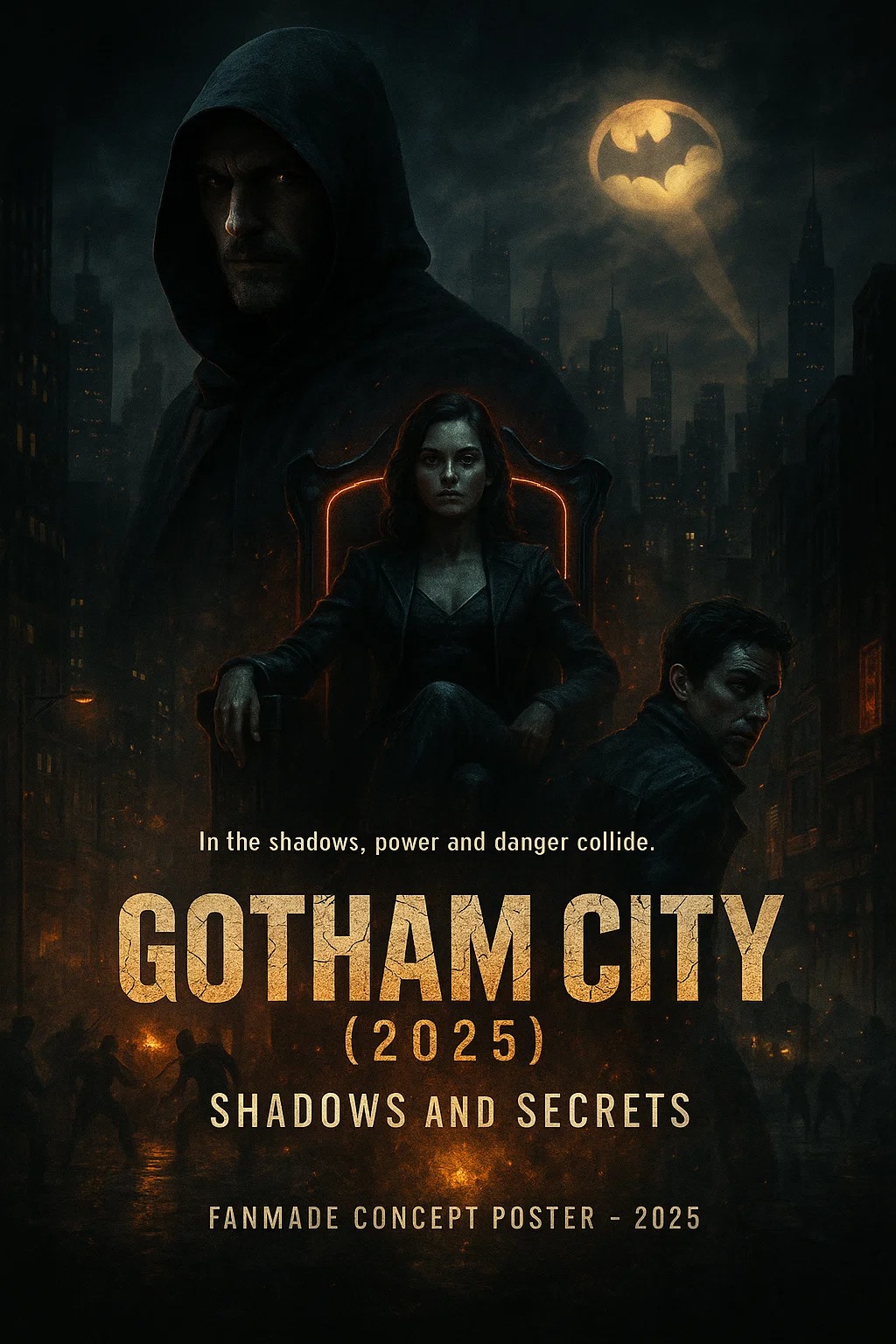In a chilling display of apathy, several school shooters have shown no remorse during their court appearances, leaving families and communities grappling with the horror of their actions. From the infamous 2012 Chardon High School shooting, perpetrator TJ Lane sat emotionless, wearing a T-shirt emblazoned with the word “Killer,” as the parents of victims confronted him with raw anguish. Lane infamously laughed during victim impact statements, provoking outrage nationwide before ultimately receiving three life sentences without parole.
 Fast forward to the 2018 Stoneman Douglas High School massacre, where shooter Nicholas Cruz exhibited a similarly cold demeanor, displaying no empathy for the 17 lives lost. His trial featured disturbing moments, including a defense centered on mental health issues, yet Cruz’s lack of remorse was palpable as families recounted their heartbreak.
Fast forward to the 2018 Stoneman Douglas High School massacre, where shooter Nicholas Cruz exhibited a similarly cold demeanor, displaying no empathy for the 17 lives lost. His trial featured disturbing moments, including a defense centered on mental health issues, yet Cruz’s lack of remorse was palpable as families recounted their heartbreak.
In another harrowing case, Demetrios Pagourtzis, the Santa Fe High School shooter, remains unrepentant, having yet to face trial five years post-attack. His nonchalant attitude towards the deaths of ten individuals underscores a concerning trend among young shooters.
Adding to this grim narrative, Payton Gendron, who was sentenced to life for his racially motivated attack in Buffalo, exhibited a shocking lack of emotion throughout the proceedings, even as victims’ families delivered heart-wrenching statements.
These cases highlight a disturbing pattern of indifference among perpetrators of school shootings, igniting conversations about accountability, mental health, and the urgent need for systemic change. As communities continue to mourn, the chilling reality remains: these shooters not only took lives but showed a haunting absence of remorse that echoes through the lives they shattered.





